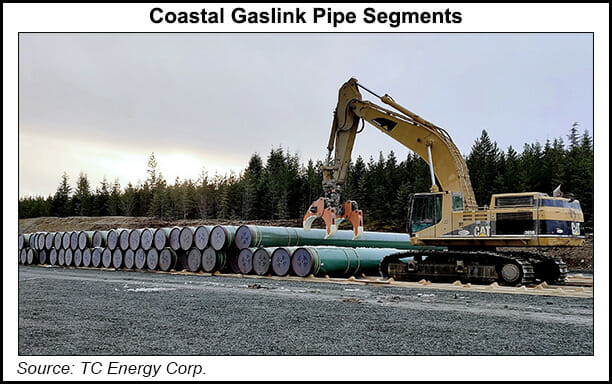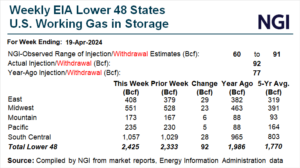LNG | Infrastructure | International | LNG Insight | NGI All News Access
TC Energy Looks to ‘Quickly’ Resolve LNG Canada Dispute, Sanctions Electric Compression Project for Columbia Gas System
© 2024 Natural Gas Intelligence. All rights reserved.
ISSN © 1532-1231 | ISSN © 2577-9877 |



